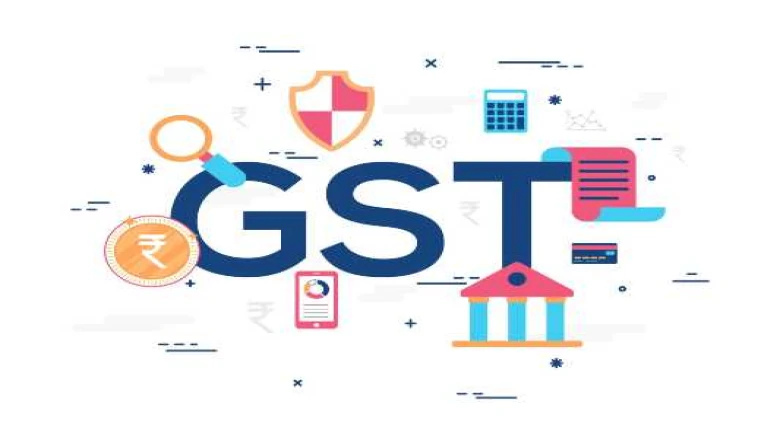Regional
Digital Desk: Two more dead bodies of the trapped miners in Umrangso were recovered in the morning of Saturday. The bodies were found when the National Disaster Relief Force (NDRF) went to see the water level of the

Digital Desk: Beginning on Monday, customers would be required to
pay 5% GST on pre-packaged, labelled foods including atta, paneer, and curd as
well as hospital rooms with rent exceeding Rs 5,000.
Additionally, a 12 percent Goods and Services Tax (GST) would be
applied to hotel rooms costing up to Rs 1,000 per day, maps, charts, and
atlases, while an 18 percent GST will be applied to tetra packs and fees made
by banks for the issuance of checks (loose or in book form).
The GST Council presided over by Union Finance Minister Nirmala
Sitharaman and made up of her state equivalents, had last month reduced the
list of exempt items and services and added tax on a variety of other goods and
services.
Based on an interim rate rationalization report from the Group of
Ministers (GoM), the Council also eliminated duty inversion for commodities
where input taxes were higher than output taxes.
To remedy the inverted duty anomaly, tax rates on items including
printing, writing, or drawing ink, knives with cutting blades, paper knives,
and pencil sharpeners, LED lamps, and drawing and marking out tools would be
raised to 18% on Monday from the present rate of 12%.
Additionally, the GST on solar water heaters has increased from 5%
to 12%.
The present tax rate of 12 percent will increase to 18 percent for
several services, such as work contracts for roads, bridges, trains, metro,
effluent treatment facilities, and crematoriums.
In addition, from July 18 onward, taxes on ostomy appliances and
the transportation of goods and people by ropeways will be reduced from 12 to 5
percent.
Renting a truck or goods carriage that includes fuel costs will
now be charged at a lower rate of 12% as opposed to 18%.
Only economy class flights to and from Bagdogra and the
northeastern states will be exempt from the sales tax (GST).
Renting a residential property to businesses will also be subject
to an 18% tax on services provided by authorities like the RBI, IRDA, and SEBI.
In contrast, non-ICU hospital rooms over Rs 5,000/day will be
assessed 5% GST, without an input tax credit, up to the amount invoiced for the
room. Bio-medical waste treatment facilities will be subject to a 12 percent
GST.
Additionally, persons can only use the GST exemption for coaching
or training in leisurely activities related to the arts, culture, or sports.
Additionally, starting on July 18, electric vehicles, whether or
not equipped with a battery pack, will be eligible for the discounted GST rate
of 5%.
According to Rajat Mohan, senior partner at AMRG & Associates,
clinical establishments have long been exempt from taxes when providing
healthcare services.
As of right now, the government has
announced that all such clinical institutions, such as hospitals, nursing
homes, and sanatoriums, will be required to pay tax on gross room rentals that
exceed Rs 5,000 per day.
"The startling question that
arises in relation to the amendment is that since the medical facilities'
treatment is a composite supply, separate components of the referred
transaction cannot be intentionally vivisected for the purpose of imposing new
tax obligations. The clause of section 8 that requires a single tax on all
composite supply transactions appears to be extra vires and is the basis for
the notification "Mohan continued.
Leave A Comment